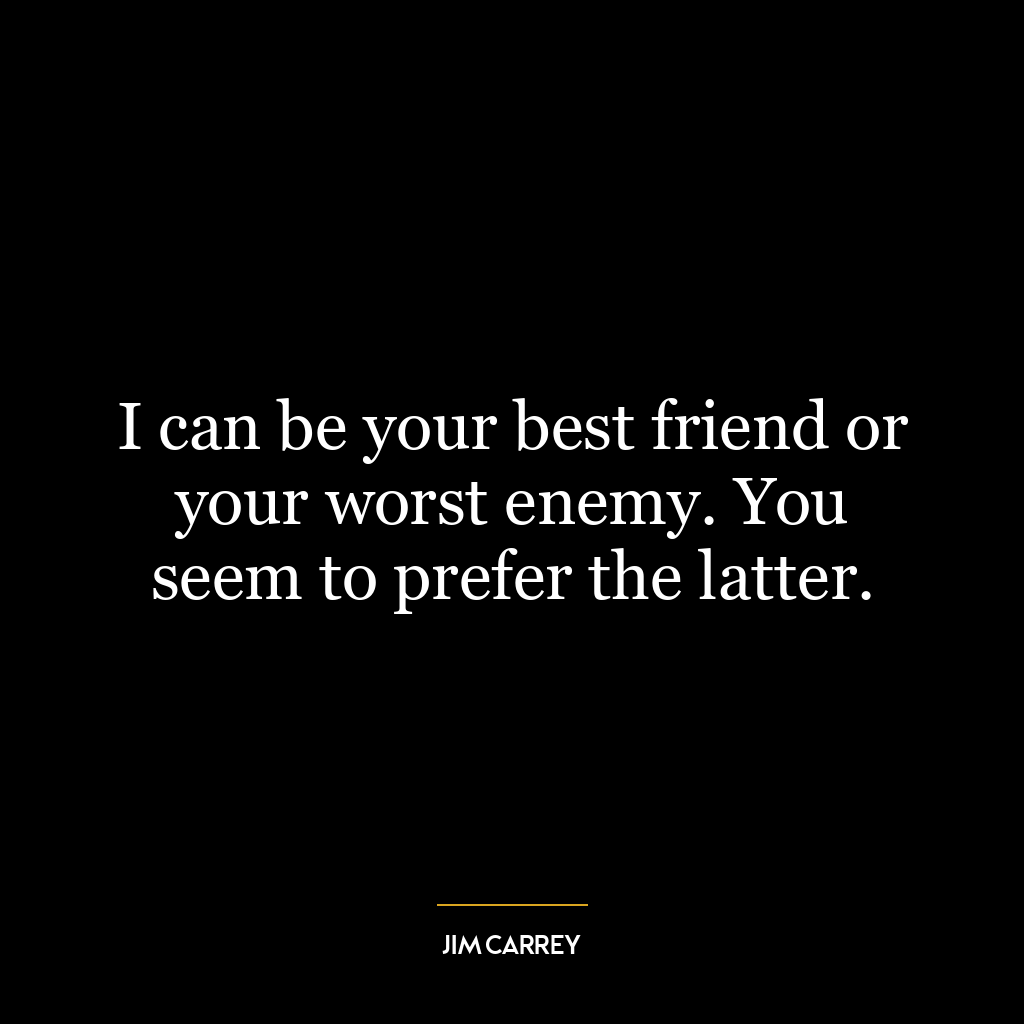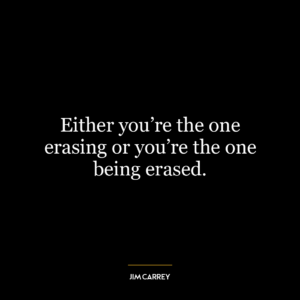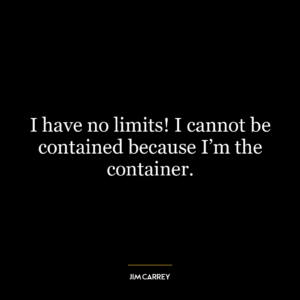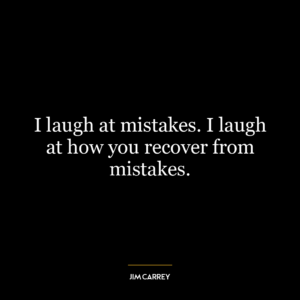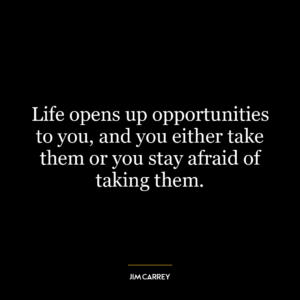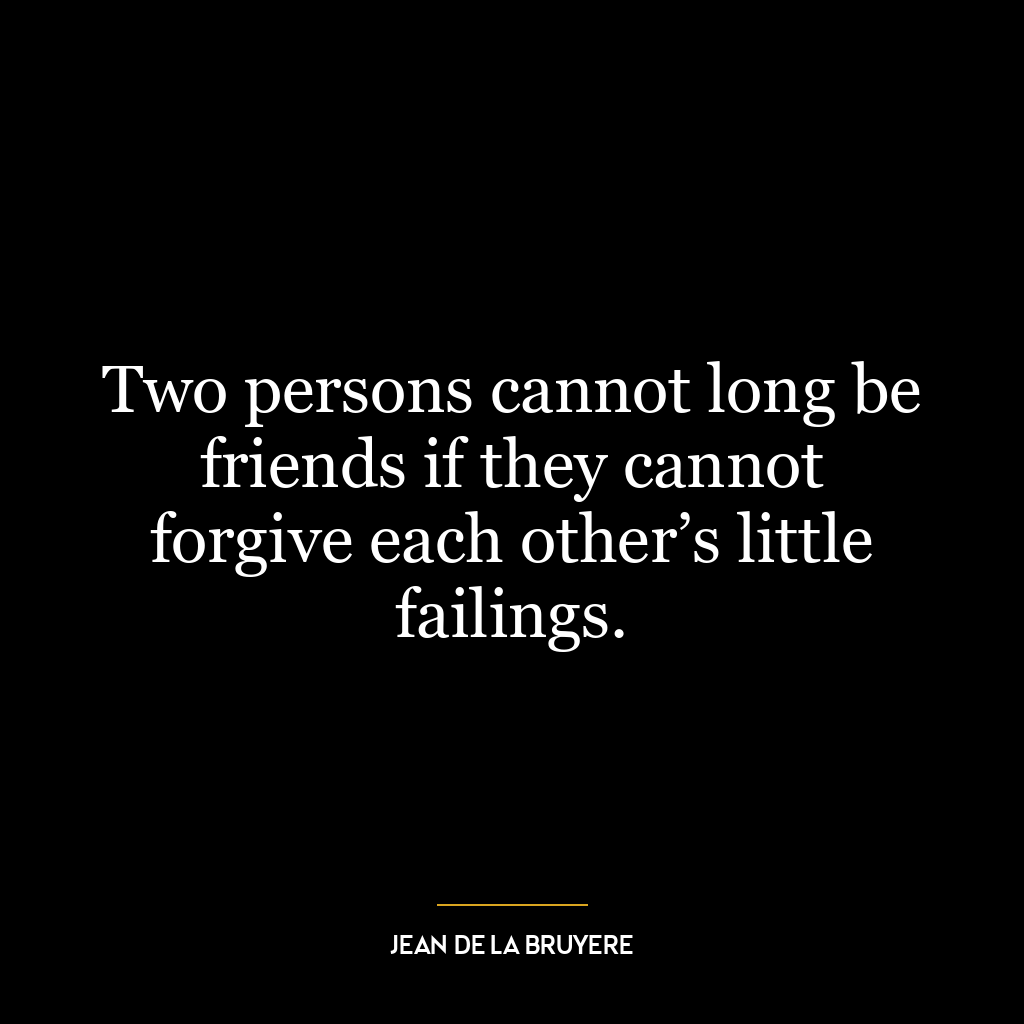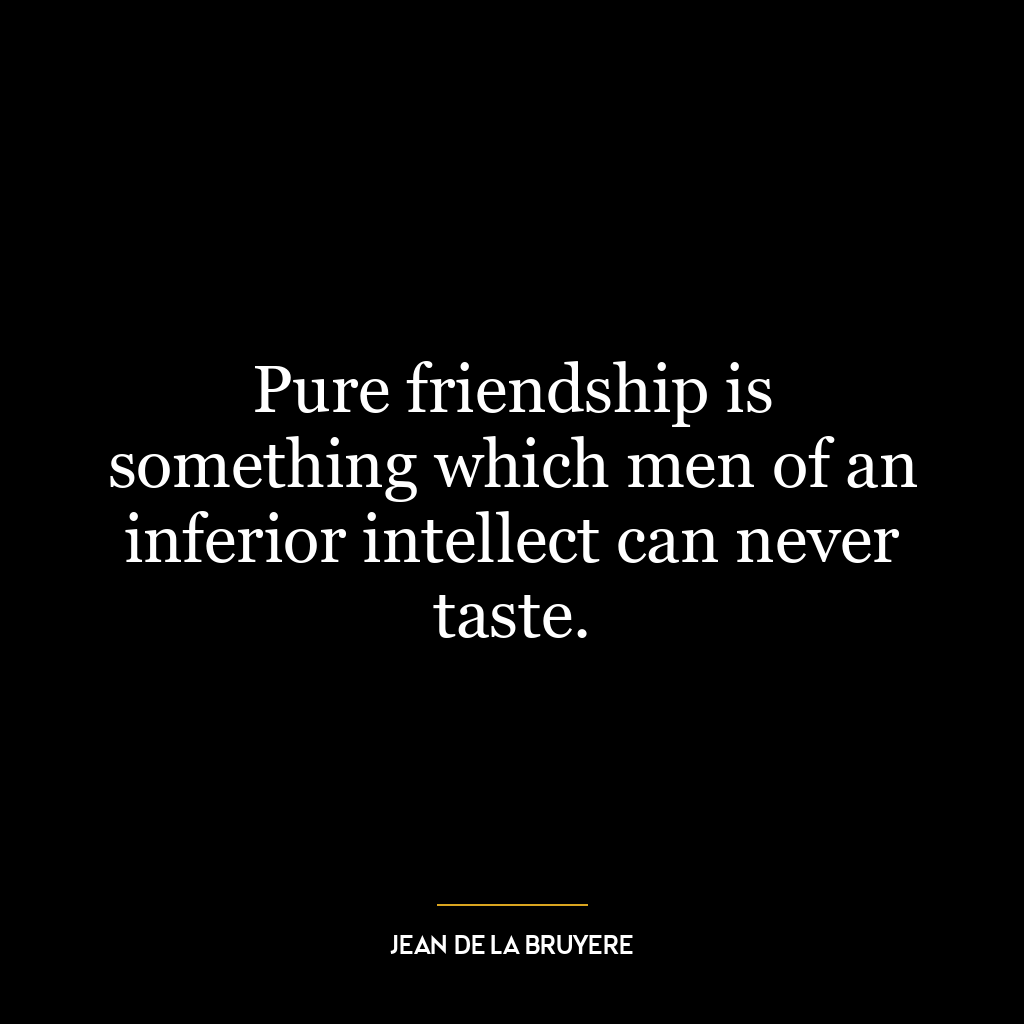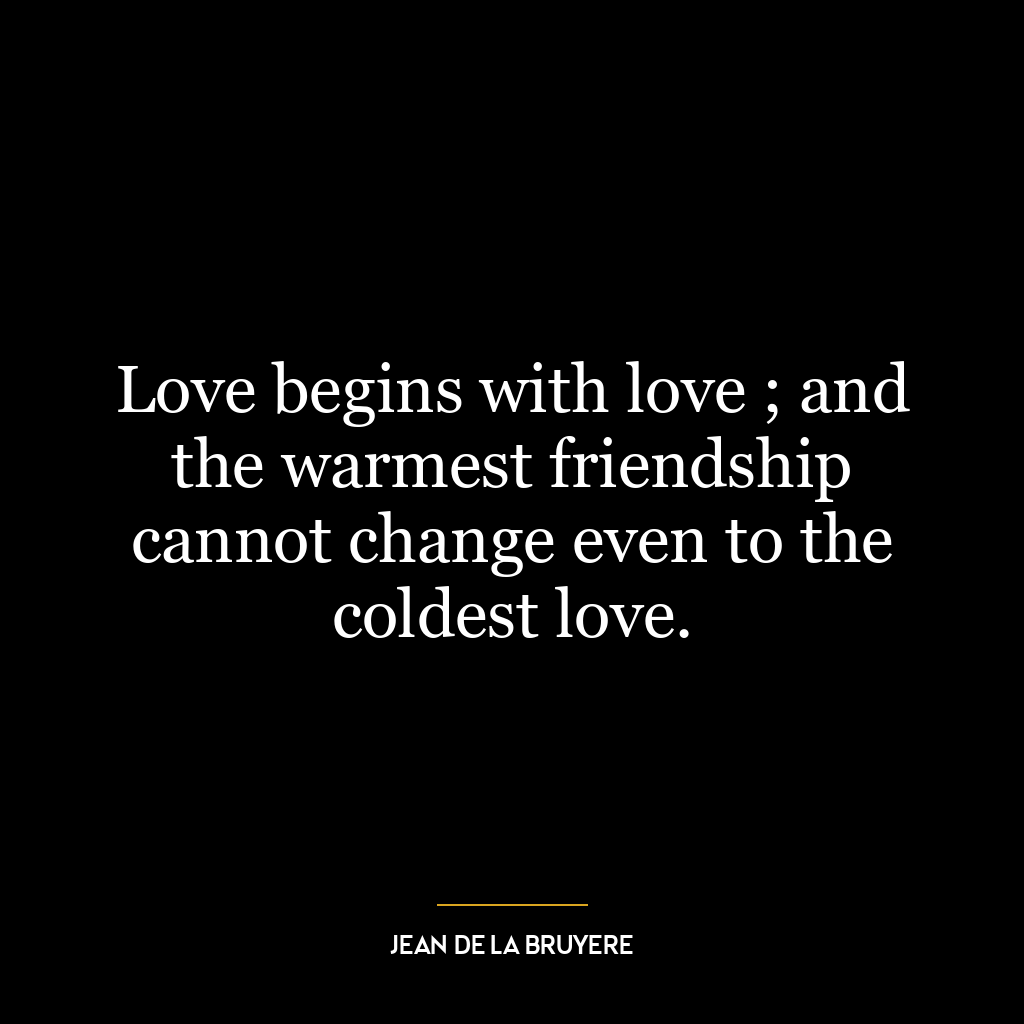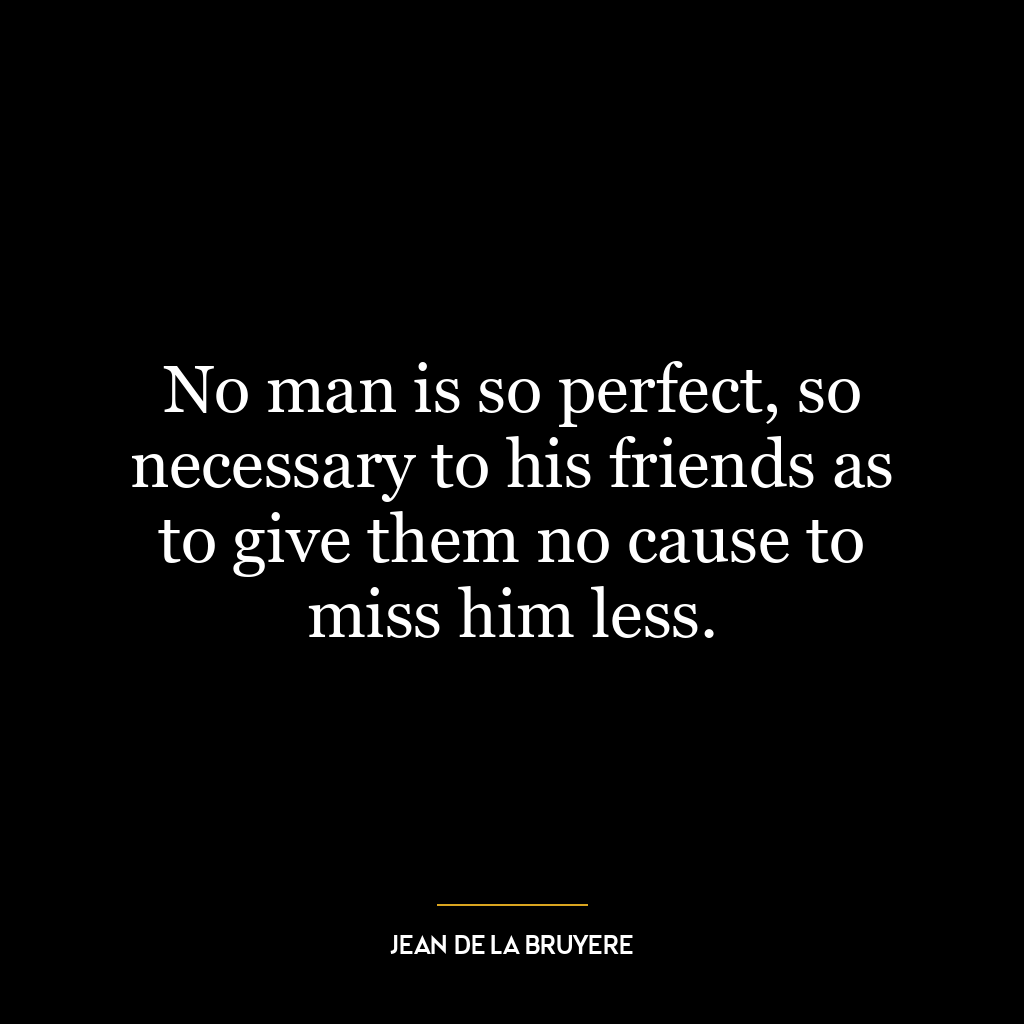I can be your best friend or your worst enemy. You seem to prefer the latter.
This quote, “I can be your best friend or your worst enemy. You seem to prefer the latter,” is a powerful statement about personal relationships and the choices we make in how we interact with others. It communicates the dual nature of human relationships, where one can either be a source of support and companionship or a source of conflict and hostility, depending on the dynamics of the relationship.
The quote suggests that the speaker is flexible and adaptable, capable of being both a friend and an enemy. However, it also suggests that the recipient of this statement has chosen to see the speaker as an enemy rather than a friend, indicating a preference for conflict over harmony. This could be due to a variety of reasons, including misunderstanding, miscommunication, or a clash of personalities or values.
In the context of personal development, this quote can serve as a reminder that we have control over how we perceive and interact with others. We can choose to see others as allies or adversaries, and this choice can significantly impact our relationships and overall wellbeing. It encourages self-reflection and urges us to consider whether our perceptions and attitudes towards others are serving us well or if they need to be reassessed.
In today’s world, this quote is highly relevant, especially in the context of social media and online interactions where misunderstandings and conflicts can easily arise due to the lack of face-to-face communication. It serves as a reminder that we should strive to foster positive relationships and seek understanding rather than allowing disagreements to escalate into hostility.
Furthermore, it can also be applied in the context of global politics and diplomacy. Nations and leaders have the choice to engage with each other as friends (through cooperation and mutual respect) or as enemies (through conflict and competition). The choice made can have significant implications for international relations and global peace.
In conclusion, this quote is a powerful commentary on the dual nature of human relationships and the choices we make in our interactions with others. It urges us to reflect on our attitudes and perceptions, and to strive for understanding and positive relationships.

